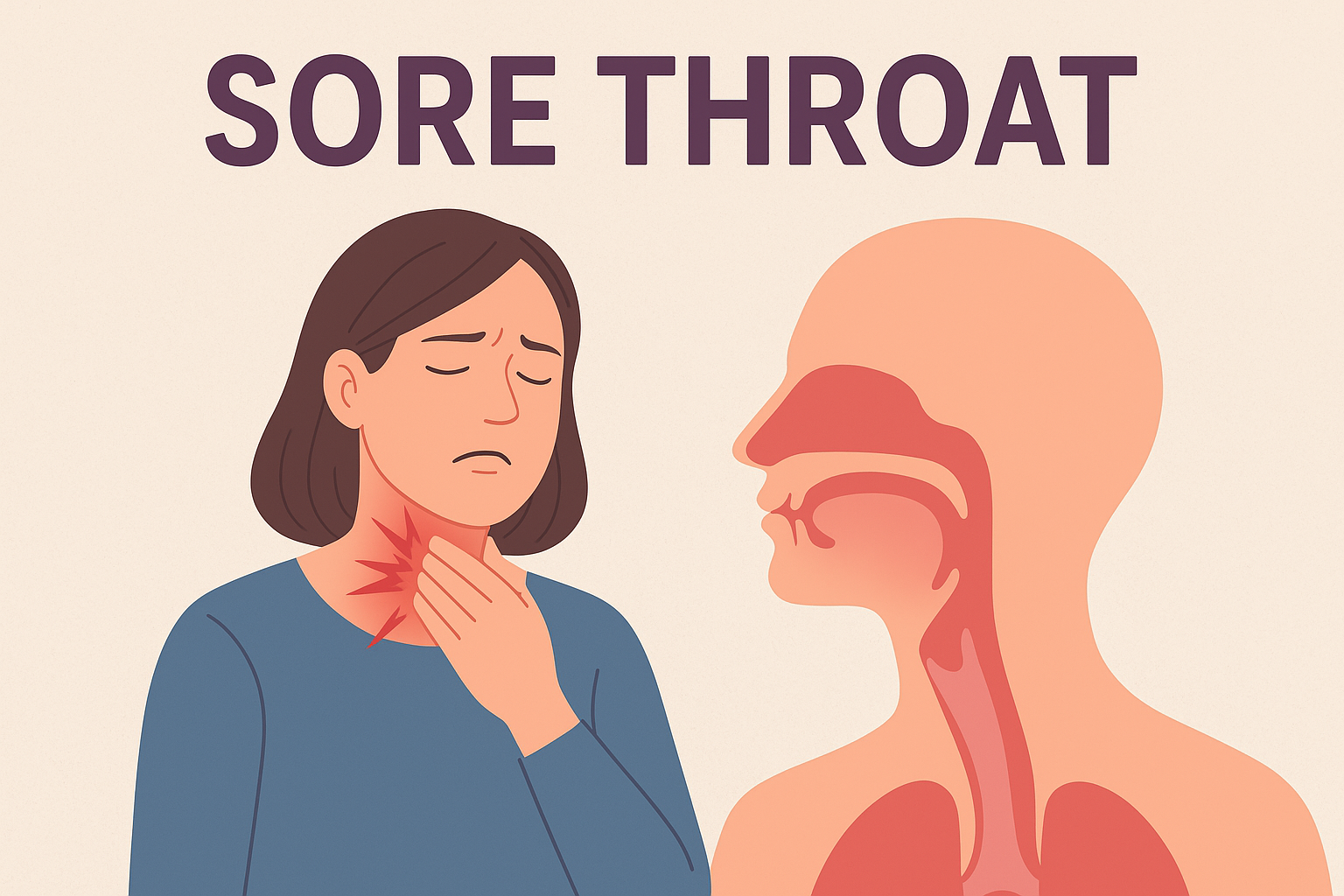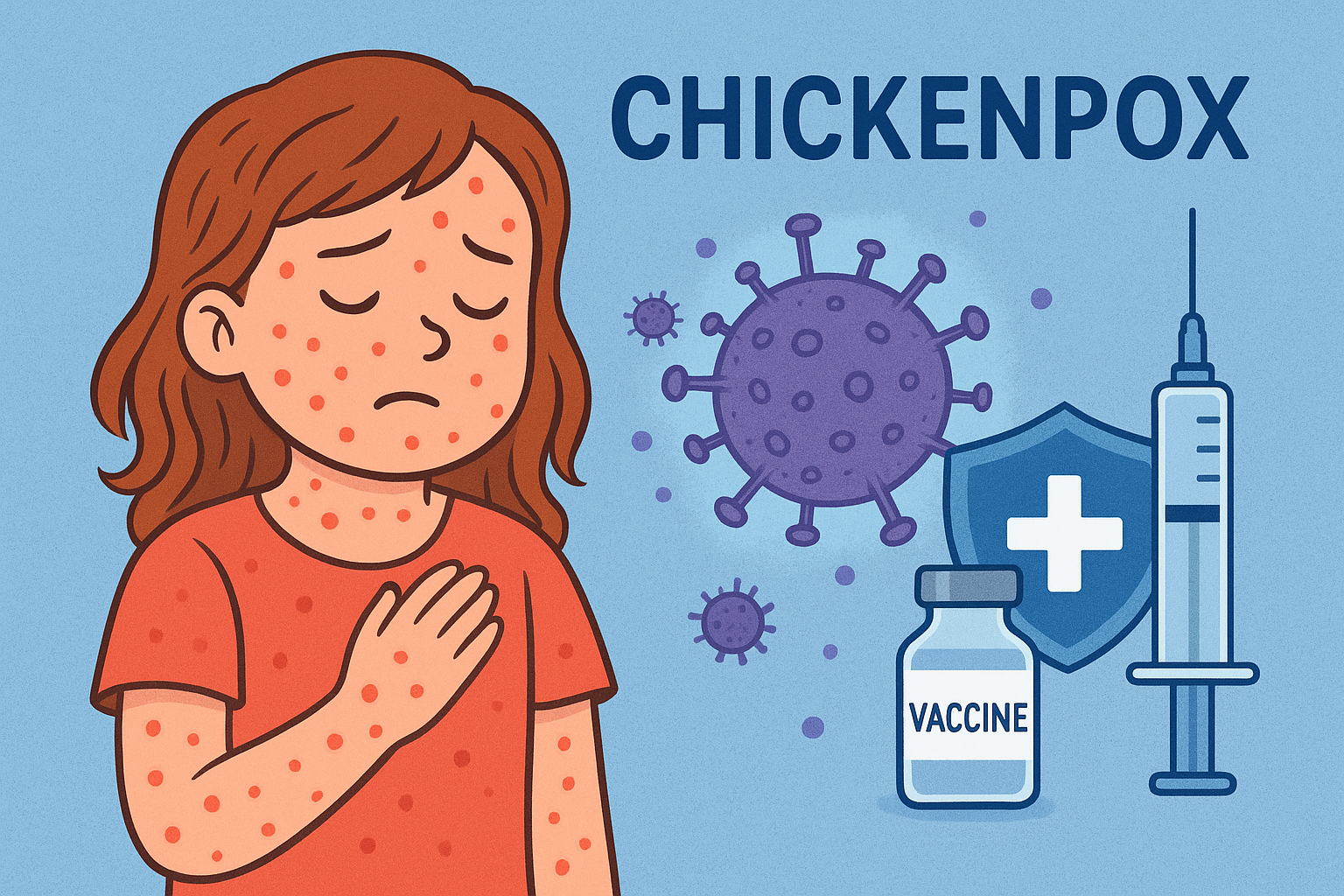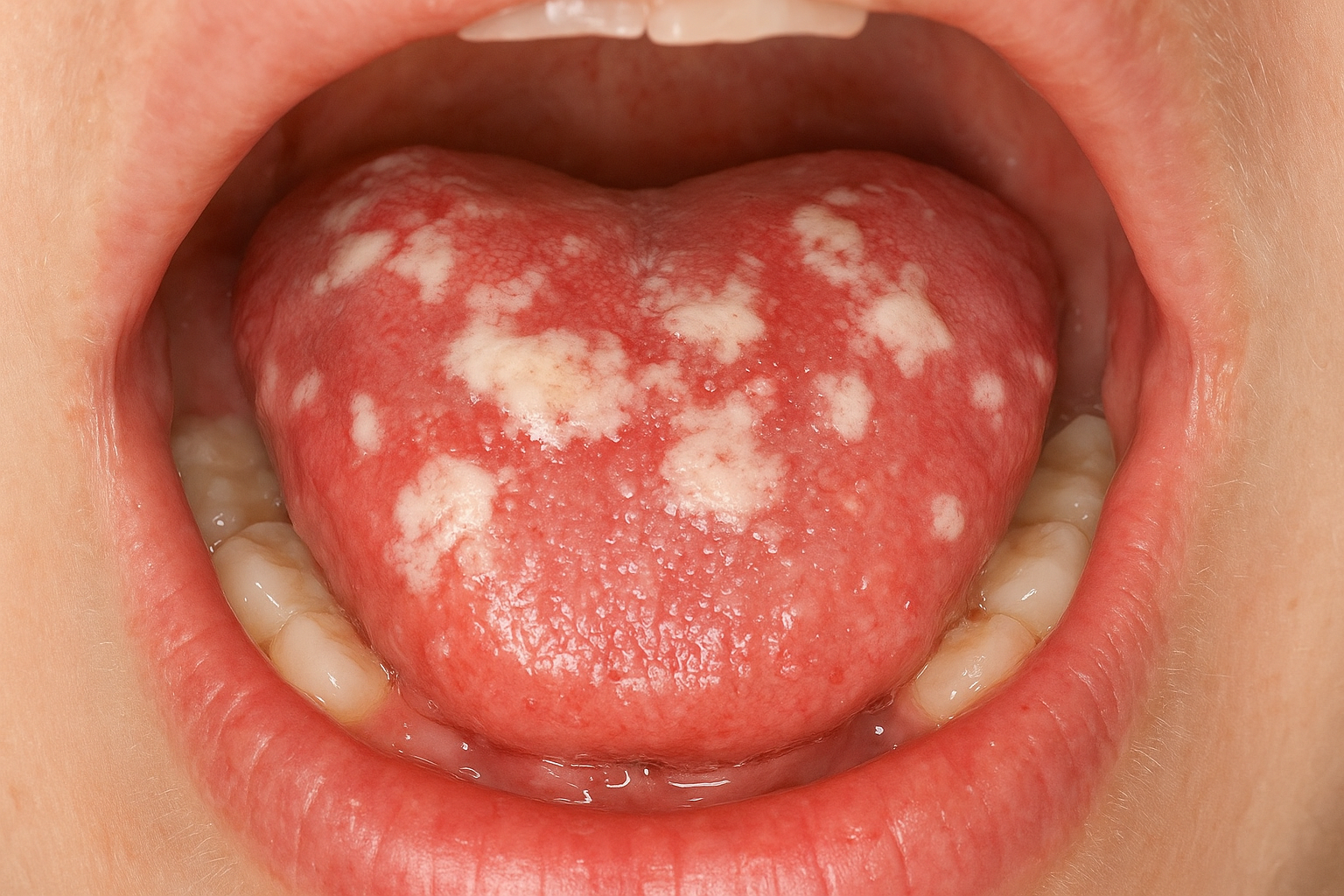A sore throat is one of the most common health complaints that affects people of all ages. It is often characterized by pain, irritation, or scratchiness in the throat, especially when swallowing. While most sore throats are mild and resolve on their own, some may indicate underlying infections or medical conditions that require attention.
In this blog, we will discuss the causes, symptoms, treatment options, and prevention tips for sore throat.
What is a Sore Throat?
A sore throat, medically known as pharyngitis, is an inflammation of the throat tissues. It may be caused by infections, allergies, environmental factors, or other medical issues. In many cases, a sore throat is the first sign of a cold or flu.
Common Causes of Sore Throat
Several factors can lead to throat irritation and pain. The most common causes include:
- Viral Infections
- Common cold
- Influenza (flu)
- COVID-19
- Mononucleosis (mono)
- Bacterial Infections
- Streptococcus bacteria (strep throat)
- Tonsillitis
- Diphtheria (rare but serious)
- Environmental & Lifestyle Factors
- Dry air
- Exposure to smoke or pollutants
- Excessive shouting or talking
- Allergies
- Pollen, dust, pet dander, or mold allergies can trigger throat irritation.
Symptoms of Sore Throat
A sore throat can present with different signs depending on the cause. Common symptoms include:
- Pain or scratchy sensation in the throat
- Difficulty swallowing
- Red, swollen tonsils
- Hoarseness of voice
- White patches on tonsils (in bacterial infections)
- Swollen lymph nodes in the neck
- Fever and body aches (in infections)
When to See a Doctor?
While most sore throats improve in a few days, medical attention is needed if you experience:
- Severe throat pain lasting more than a week
- High fever (above 101°F / 38.3°C)
- Difficulty breathing or swallowing
- Blood in saliva or phlegm
- Recurring sore throats
Treatment for Sore Throat
Treatment depends on the underlying cause:
- Home Remedies
- Gargle with warm salt water
- Drink warm fluids like herbal tea or soup
- Use honey with warm water or tea (natural soothing effect)
- Stay hydrated and rest well
- Use a humidifier to keep the air moist
- Medications
- Pain relievers: Paracetamol or ibuprofen
- Lozenges and throat sprays for relief
- Antibiotics (only if bacterial infection is confirmed by a doctor)
- Antihistamines for allergy-related sore throat
Prevention Tips for Sore Throat
Preventing a sore throat is possible with healthy lifestyle habits:
- Wash hands frequently to avoid infections
- Avoid close contact with sick individuals
- Do not share utensils, bottles, or personal items
- Quit smoking and avoid secondhand smoke
- Maintain good hydration and a balanced diet
- Use a mask during flu season or in polluted areas
Conclusion
A sore throat is usually harmless and resolves with simple home care, but persistent or severe cases may need medical attention. By practicing good hygiene, strengthening immunity, and avoiding irritants, you can significantly reduce the chances of throat infections.
If your sore throat is accompanied by high fever, pus on tonsils, or difficulty breathing, consult a healthcare professional promptly.




